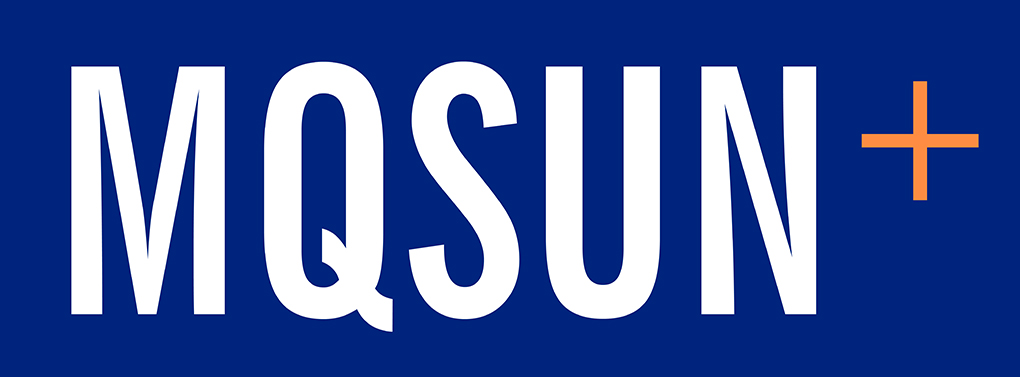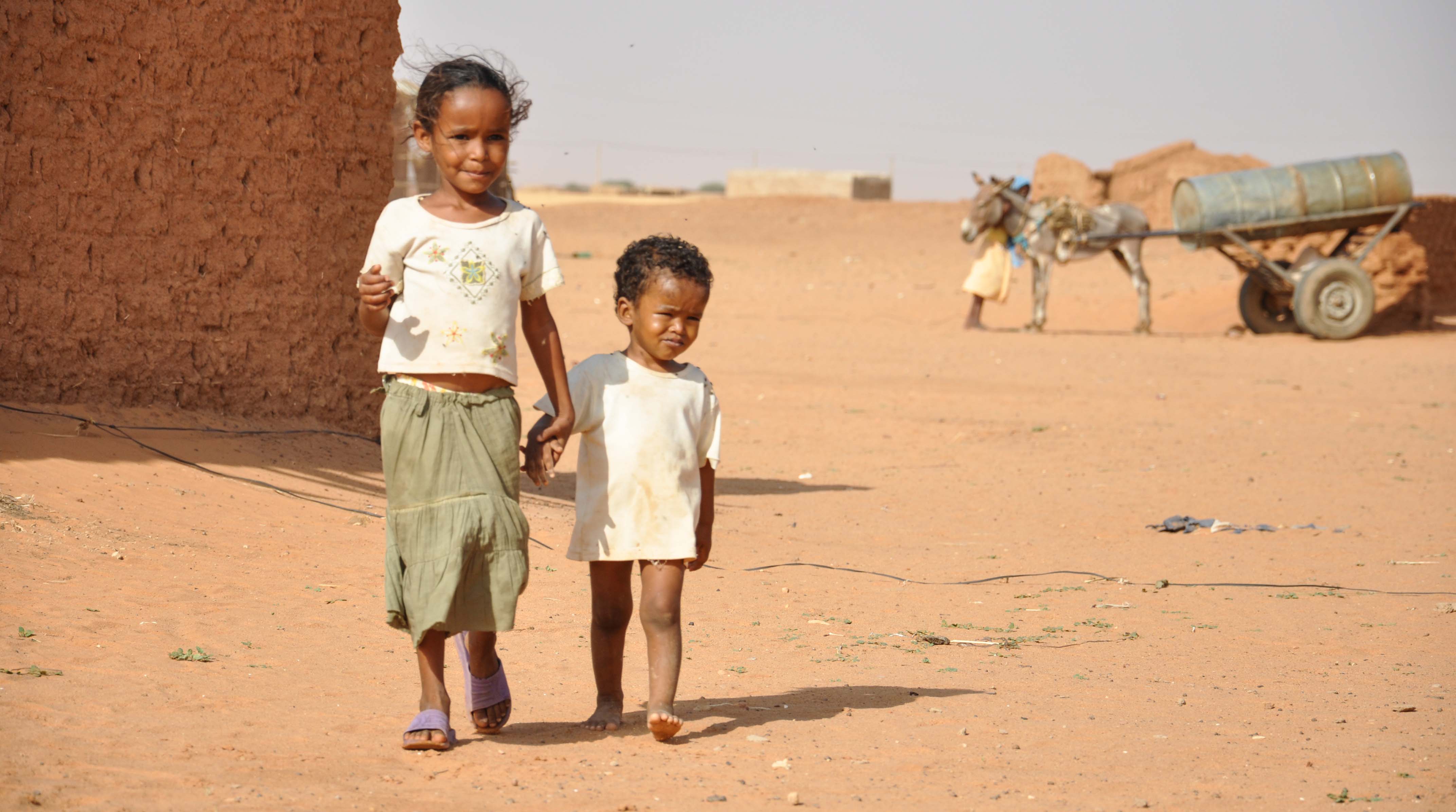This report was commissioned by the United Kingdom’s Department for International Development (DFID) to identify critical short-term gaps in data availability or quality that might be addressed by timely donor action. Between July 2017 and January 2018, a study team comprised of members from Tufts University’s Feinstein International Centre and Centre for Humanitarian Change conducted interviews with Integrated Phase Classification (IPC) or Cadre Harmonisé (CH) food security analysts in four famine-affected or -threatened countries: South Sudan, Somalia, Nigeria and Yemen. For the most part, few such short-term recommendations emerged from the analysis. In the absence of early warning systems or other means of hot spot identification (short of IPC/CH analysis itself), there are few examples where additional short-term standby funds could help to proactively address data gaps. The causes of data gaps lie elsewhere.
The report first provides an overview of the IPC/CH process in each country and highlights the common factors that constrain and challenge comprehensive and reliable food security analysis: technical and logistical capacity; data and partner coordination; ‘hot spot’ identification and early warning systems; data quality and gaps; and funding. For each factor, potential solutions are offered. Overall, several key findings emerge.
Key Findings
- In all four countries, collecting any high-quality data is a triumph against the odds of complex and ever-changing security, access and logistics constraints. Analysing this information demands multisectoral, multipartner efforts that include all the main stakeholders and puts much emphasis on putting the Government in the lead. The fact that the CH/IPC teams are regularly able to collect food security and nutrition data from these complex zones is a testament to their ingenuity, determination and dedication to ensuring that evidence-based approaches are used to direct humanitarian response to the areas of the highest need.
- The limited technical capacity and high turnover of staff impede local, international and governmental partners’ engagement in all stages of the IPC/CH process. Partners are often reported to have a limited understanding of the process and are often not incentivised to participate.
- Time pressure and limited coordination between different actors are impeding a more streamlined and collaborative data analysis process.
- Across the four countries, the systems for the identification of hot spots in order to ensure early response and/or to prioritise assessment resources are weak. Even when a hot spot is identified in an ad hoc manner, most systems are not sufficiently flexible to respond with a prioritised and in-depth assessment.
- Insecurity and access are key constraints to data collection.
- There are geographical gaps in coverage of information, missing data for specific areas of the analysis—particularly mortality, but also nutrition at times and missing types of data e.g. qualitative data. Geographical gaps in data are reported to be largely due to insecurity, issues with political authorisation and a lack of funding.
- A significant data gap across all of the countries is gender-sensitive analysis of the data. Gender disaggregated data sets are available for nutrition. However, the IPC/CH analysis process does not consider the significance of this data.


